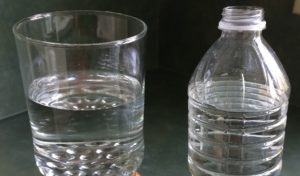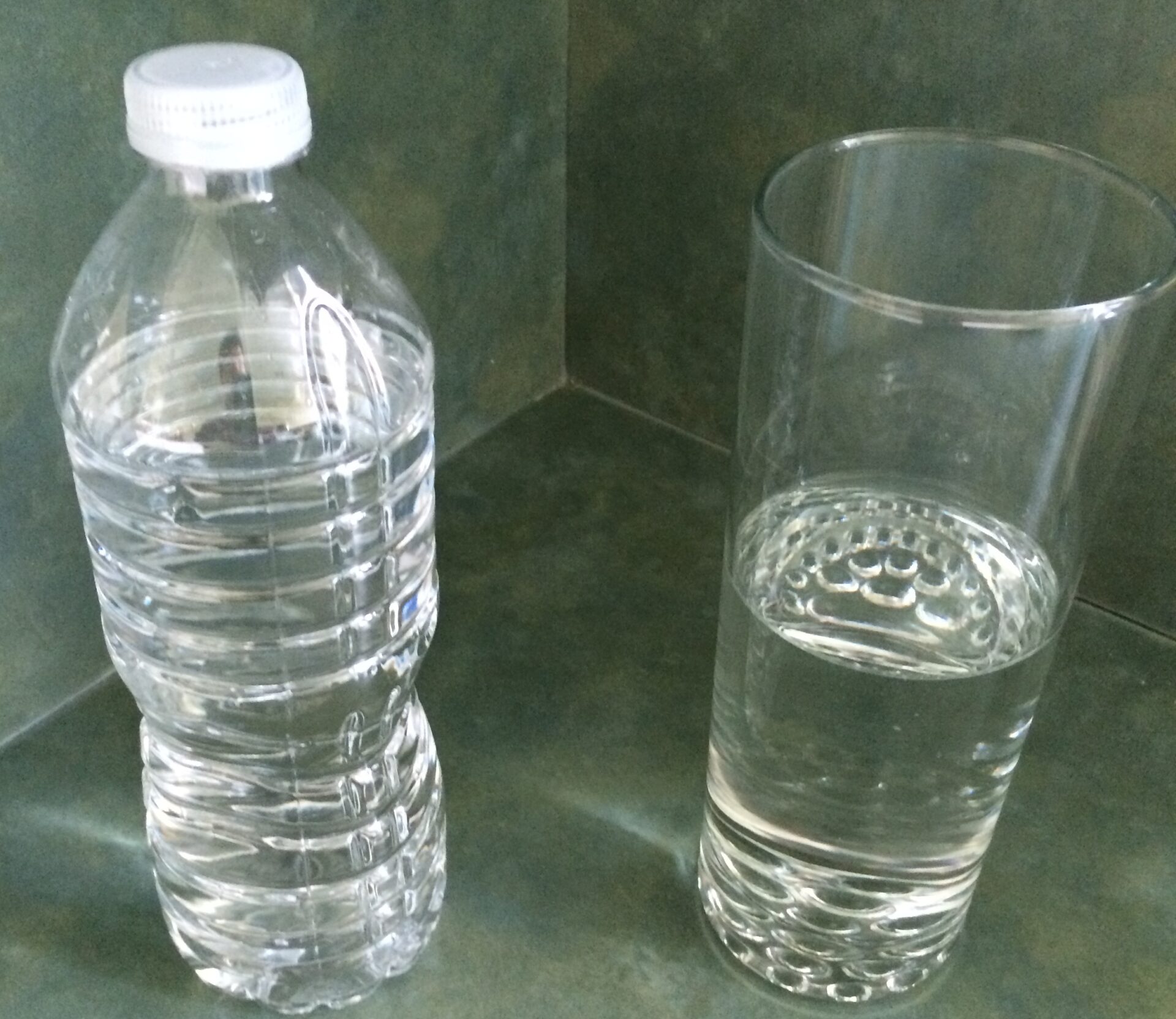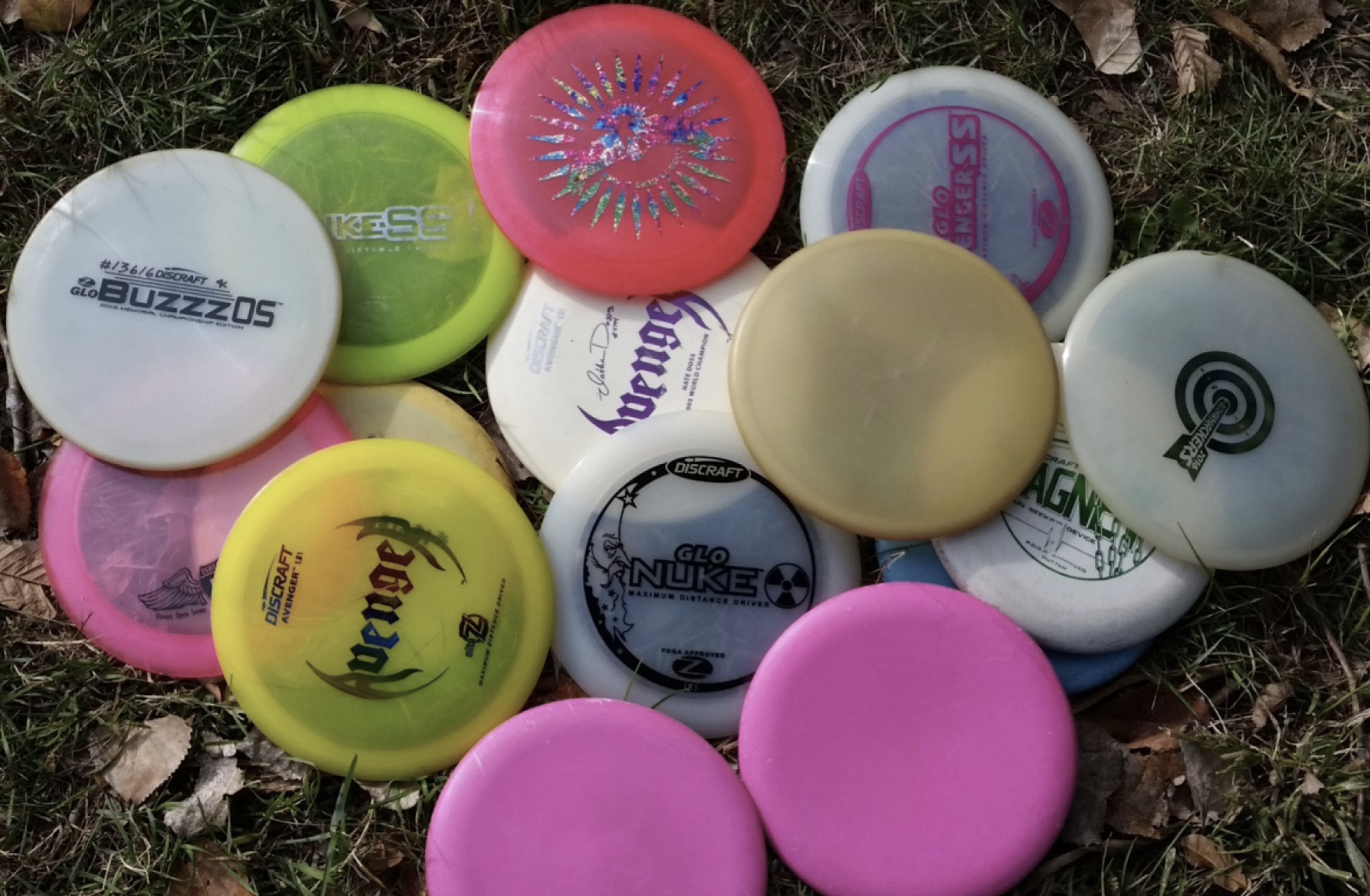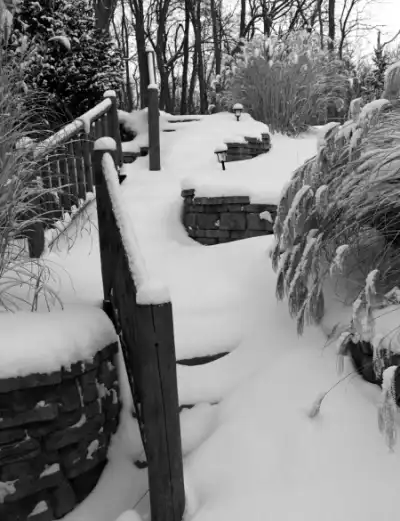By Jan Worth-Nelson
 The announcement issued today by the Environmental Protection Agency that Flint’s water is now safe for all populations and all uses, if filtered — a dramatic shift from the status quo understanding since January — drew responses of surprise, alarm, annoyance and reassurance from about 80 community partners at the Flint Water Recovery group meeting under the dome at City Hall.
The announcement issued today by the Environmental Protection Agency that Flint’s water is now safe for all populations and all uses, if filtered — a dramatic shift from the status quo understanding since January — drew responses of surprise, alarm, annoyance and reassurance from about 80 community partners at the Flint Water Recovery group meeting under the dome at City Hall.
Up until today, the message had been that filtered water was safe for most uses and populations, but that bottled water only should be used for children under six, pregnant women or for mixing baby formula. Now, according to the EPA’s latest testing assessments, filtered water is okay for everybody.
Many in the room had not heard about the announcement, which had been made in a noon conference call with a group of reporters several hours earlier. Mark Durno, an EPA supervisory engineer and “on-scene coordinator” for the Flint water crisis, explained recent testing, requested by the Centers for Disease Control, led to the new declaration. He said two rounds of tests on filtered water from 200 homes from mid-March and last week came back below the federal marker of 15 ppb of lead, and the lead numbers on unfiltered water also had dropped dramatically.
He said results of the May flushing protocols — a different process than the testing that led to the filtered water announcement — were “encouraging” but that “we’re not there yet” and he still couldn’t predict when there might be an all-clear message for the city’s troubled water.
Jamie-Lee Venable of United Way, chair of the recovery group’s communications subcommittee, said the announcement came as a surprise and voiced irritation that those hard at work in grassroots efforts were not given more notice about the announcement. She said she had to pull a recently prepared community notice off the press at the last minute for revisions.
One community member who runs a water distribution site at a Church of God in Christ said 350 cars went through in just two hours recently and that people will not be convinced to give up bottled water. “People in the city of Flint do not believe that this water is safe to drink,” she said.
Michigan State Police Lt. B.J. Roach, who has been coordinating the water points of delivery–called PODs–in the city for months, immediately spoke up to say, “We’re not going anywhere.” She added, “There will be no changes in the bottled water distribution.”
Michael Hood, director of Crossing Water, a private non-profit based in Ann Arbor which has been very involved in local recovery efforts, said his concern is that many residents either do not have filters, still are not using the filters correctly, or don’t know how to tell if the filter cartridges need to be replaced.
David Stamm from the Genesee County Sheriff’s office said in light of the ongoing importance of filters, volunteers will be fanning out Saturday to check 2,300 homes which may not have had door-to-door contact to be sure they have filters and that they are being correctly used.
EVM editor Jan Worth-Nelson can be reached at janworth1118@gmail.com.








You must be logged in to post a comment.